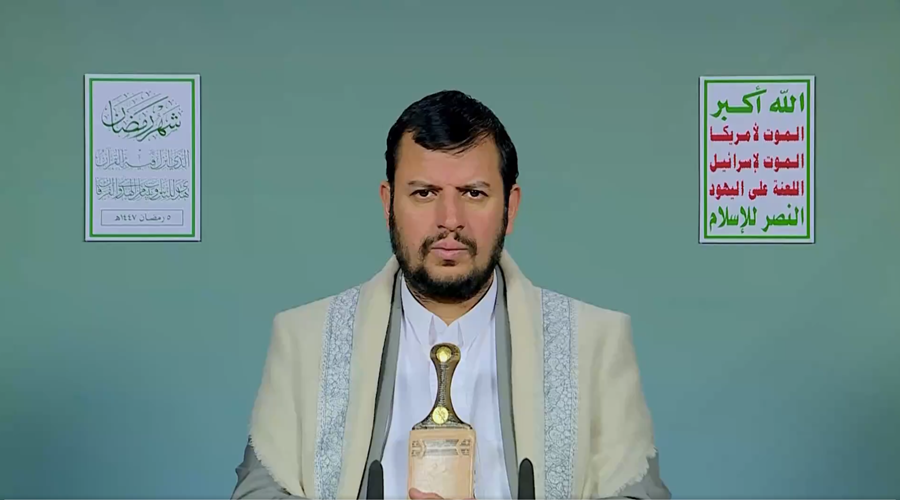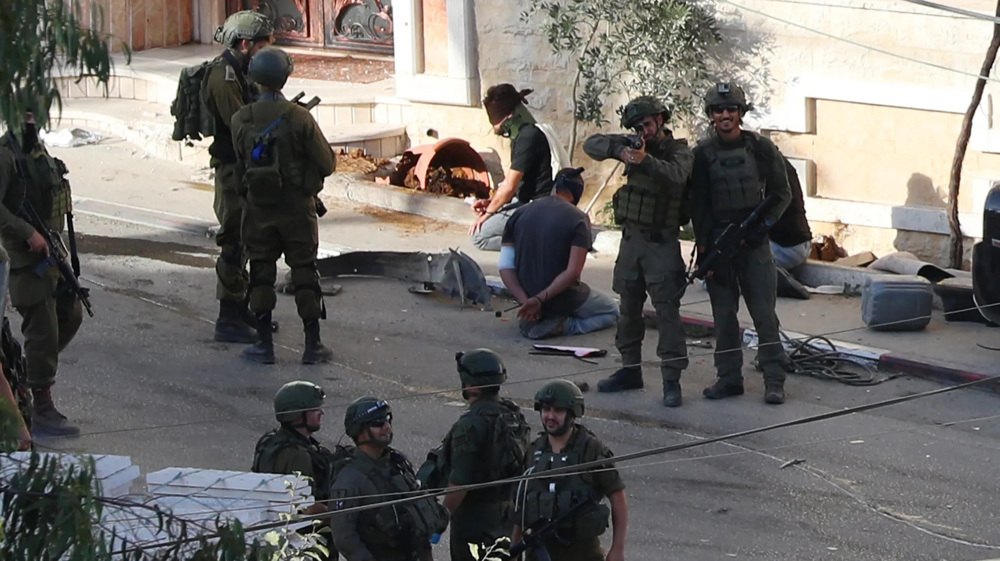Israeli airstrikes continue on Gaza despite Palestinians announcing ceasefire
Israeli warplanes have continued to bombard the Gaza Strip shortly after Palestinian factions and the Tel Aviv regime agree upon an Egyptian-brokered ceasefire agreement following a day of heavy clashes.
On Sunday, the Israel's military announced that the strikes on the east of Gaza were in response to mortar fire from the besieged enclave.
Earlier on Saturday, a Palestinian resistance movement Hamas spokesman, Fawzi Barhoum, said that the group had agreed upon a "Egyptian offer to return to a ceasefire to stop this escalation."
Separately a spokesman for the Islamic jihad movement said that his group will honor the ceasefire as long as the Tel Aviv regime follows suit. He noted that despite the ceasefire his group reserves the right to retaliate any manner of Israeli aggression.
Barhoum noted that Hamas responsible for the recent attacks against Israel and that they was carried out "in response to the Israeli air strikes".
"The protection and the defense of our people is a national duty and a strategic choice," he added.
The remarks were made in a statement released several hours after Israeli warplanes launched a predawn attack against 40 purported Hamas positions in the southern Gaza Strip.
Israeli military aircraft also fired three missiles at Salahuddin military site in the central Gaza Strip, before pounding an open area near Queen roundabout east of Gaza City.
Additionally, Israeli aerial attacks targeted a Hamas site in the city of Beit Lahia, located about five kilometers north of Gaza City.
According to the Gaza Health Ministry, at least two Palestinian teens lost their lives in the Israeli airstrikes and 14 other people sustained injuries.
Hamas was quick in retaliatory attacks against Israeli positions in the occupied Palestinian territories when it launched 90 rockets. The Israeli military claimed that its so-called Iron Dome missile defense system had managed to intercept 16 of the projectiles.
Early in the morning, the Israeli military said in a statement that at least one Hamas rocket landed inside a rural settlement in Sha'ar HaNegev Regional Council area.
Israeli media reported that more than 140 rocket alarm sirens also sounded throughout communities near the Israel-Gaza border from midnight into the morning.
Saturday’s exchange of missiles and rockets is considered as the biggest since the 2014 Israeli war on the impoverished sliver. The war began in early July and ended in late August the same year. The Israeli military aggression killed nearly 2,200 Palestinians and injured over 11,100 others.
Read More:
- Israeli warplanes bombard southern Gaza Strip
-
Israeli forces open fire on Gaza protesters, kill Palestinian teen
-
Three Palestinians injured as Israeli warplane strikes Gaza-Egypt border
Hamas was quick in retaliatory attacks against Israeli positions in the occupied Palestinian territories when it launched 90 rockets. The Israeli military claimed that its so-called Iron Dome missile defense system had managed to intercept 16 of the projectiles.
Early in the morning, the Israeli military said in a statement that at least one Hamas rocket landed inside a rural settlement in Sha'ar HaNegev Regional Council area.

Israeli media reported that more than 140 rocket alarm sirens also sounded throughout communities near the Israel-Gaza border from midnight into the morning.
Saturday’s exchange of missiles and rockets is considered as the biggest since the 2014 Israeli war on the impoverished sliver. The war began in early July and ended in late August the same year. The Israeli military aggression killed nearly 2,200 Palestinians and injured over 11,100 others.
The engineering feat behind Iran’s record gas output
VIDEO | Press TV's news headlines
Freedom of speech, right to protest under assault in UK
Border guards seize cache of weapons, ammunition near Iran-Afghanistan border
Grok to power classified programs as Musk's xAI secures deal with Pentagon
Iraqi FM tells US envoy: Government formation ‘internal matter’
Israel killed Gaza aid workers in ‘execution style’ massacre in 2025: Report
Participation shrinks at Israeli arms expo in wake of Gaza genocide: Report














 This makes it easy to access the Press TV website
This makes it easy to access the Press TV website